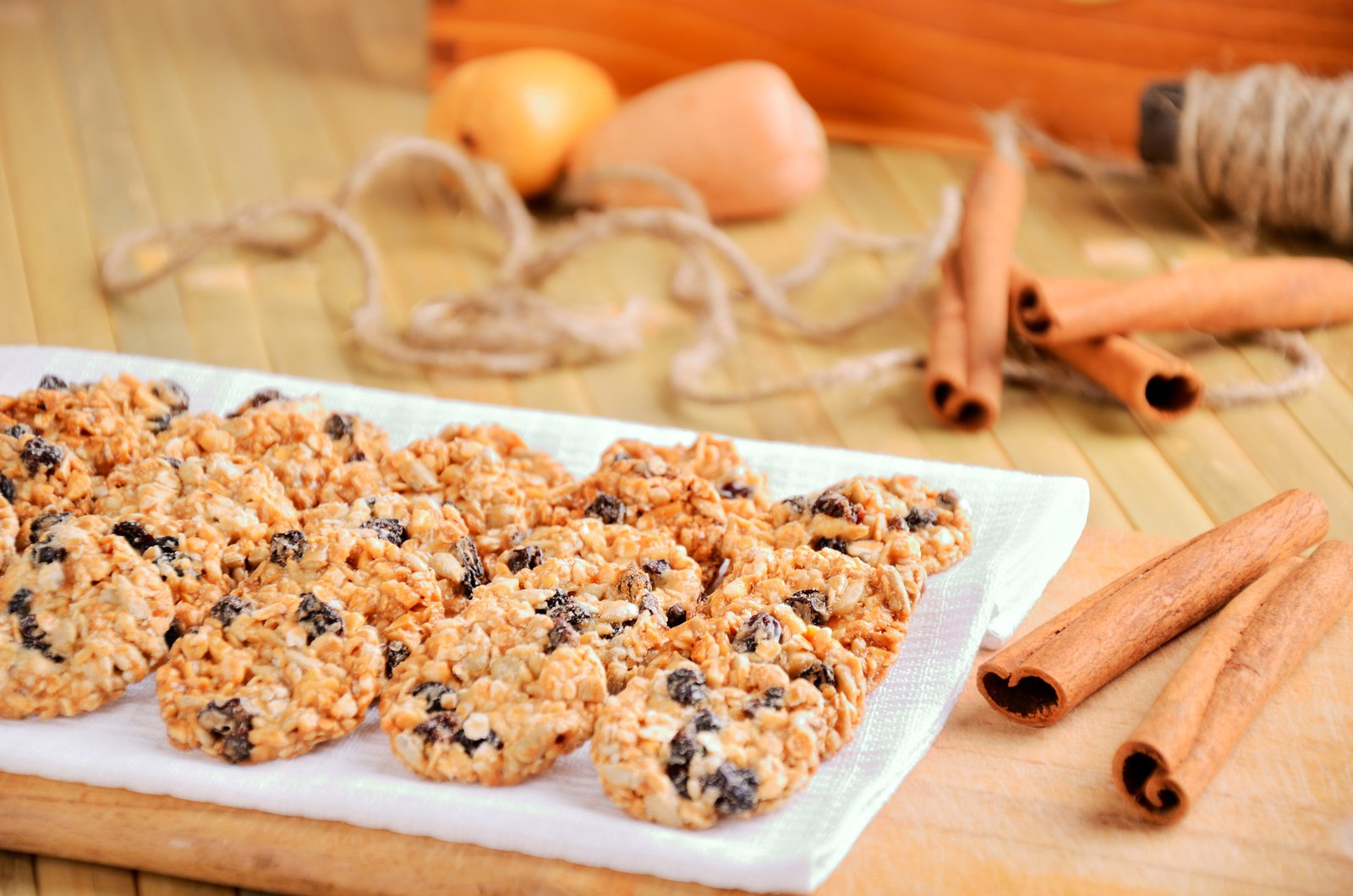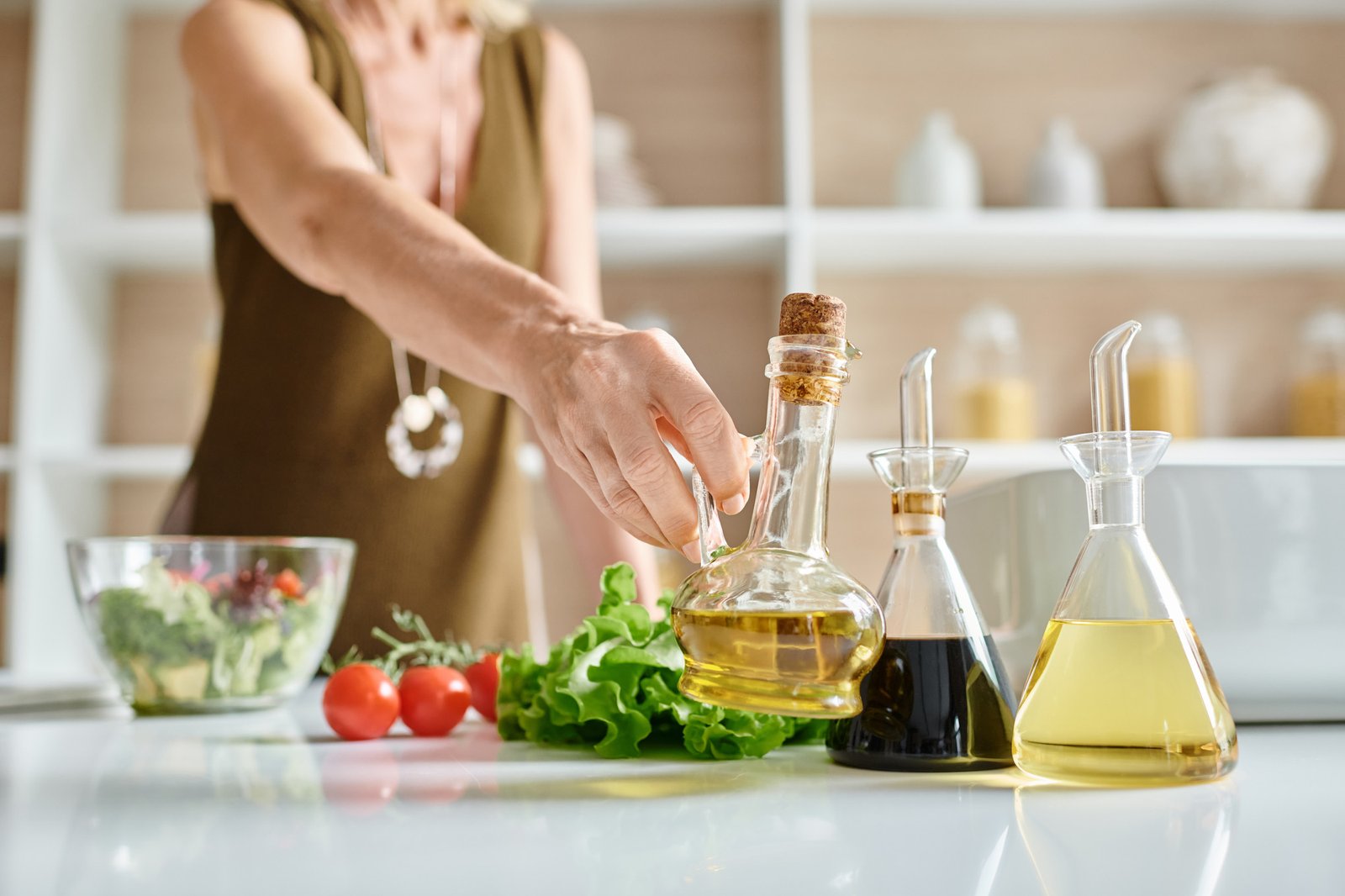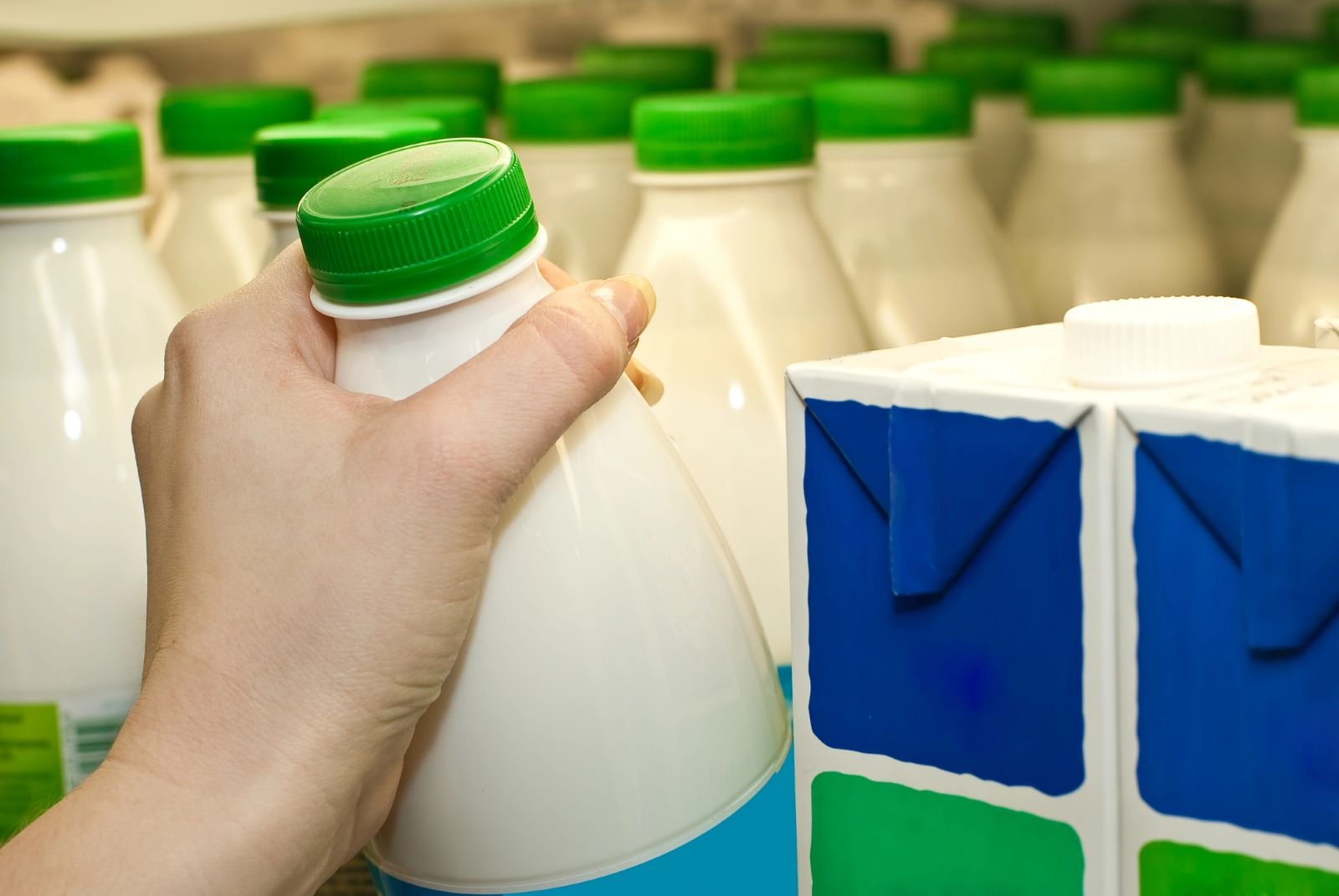Searching the aisles of a grocery store can often feel like crossing a minefield of artificial additives and preservatives. Many products that seem healthy are actually loaded with chemicals that provide little to no nutritional value. This post will delve into common grocery items that contain more chemicals than nutrients.
Processed Cheese Slices

Processed cheese slices are filled with phosphates, emulsifiers, and artificial colors to maintain texture, appearance, and shelf life. However, these additives offer minimal nutritional value. Opt for natural cheeses like cheddar or mozzarella, which have fewer additives and are richer in nutrients like calcium and protein.
Soda

Sodas are high in high fructose corn syrup, artificial colors, and phosphoric acid, which enhance sweetness, appearance, and acidity but offer no nutritional benefits. High fructose corn syrup has been linked to obesity and diabetes. Choose sparkling water with natural flavors or freshly squeezed fruit juice to avoid these chemicals and excess sugar.
Fruit Snacks

Marketed with images of fresh fruits, fruit snacks are made with artificial flavors, gelatin, and dyes. These ingredients mimic the taste and look of real fruit but do not provide the same nutritional benefits. Instead, opt for dried fruit or make your own fruit leather using pureed fruits to ensure you’re getting natural ingredients.
Non-Dairy Whipped Toppings

Non-dairy whipped toppings consist of hydrogenated vegetable oils, high fructose corn syrup, and synthetic emulsifiers. These components stabilize the product and provide a creamy texture but are far removed from real cream. Use real whipped cream or coconut cream, which is natural and free from synthetic additives.
Microwave Popcorn

Microwave popcorn contains diacetyl for flavor and PFOA in the bags, both linked to health issues. Diacetyl is associated with respiratory problems, and PFOA has been connected to various health concerns. Pop your own corn using a stovetop or an air popper and flavor it with real butter or olive oil to avoid these harmful chemicals.
Instant Noodles

Instant noodles are packed with tertiary-butylhydroquinone (TBHQ), a preservative derived from petroleum, along with high levels of MSG and sodium. TBHQ extends shelf life, and MSG enhances flavor but can have adverse health effects. Make your own noodles or choose fresh or frozen noodles with simple ingredients to reduce chemical intake.
Margarine

Many margarines are laden with trans fats, hydrogenated oils, and artificial colors. These ingredients provide spreadability and a longer shelf life but are linked to heart disease and other health issues. To avoid trans fats and artificial additives, use butter or plant-based spreads with natural ingredients.
Diet Ice Cream

Low-fat and sugar-free ice creams often replace natural ingredients with artificial sweeteners like aspartame and acesulfame potassium, which have potential health risks. These sweeteners provide sweetness without the calories but may be linked to metabolic issues. Choose ice cream made with natural sweeteners like honey or maple syrup, or make your own using whole ingredients.
Store-Bought Salad Dressings

Store-bought salad dressings typically contain preservatives, artificial colors, and flavor enhancers, masking their lack of natural ingredients. These additives extend shelf life and enhance taste but offer little nutritional value. To ensure a natural product, make your own dressing using olive oil, vinegar, and fresh herbs.
Flavored Yogurts

Many flavored yogurts are loaded with artificial flavors and excessive sugar or sweeteners. These components improve taste and appeal but detract from the health benefits of plain yogurt. Choose plain yogurt and add fresh fruit or a small amount of honey for natural sweetness.
Breakfast Cereals

Brightly colored cereals often contain artificial dyes, flavors, and high sugar content. These additives make cereals more appealing but can have adverse health effects. Opt for whole grain cereals with minimal ingredients or make your own granola to ensure a healthier start to your day.
Energy Drinks

Energy drinks contain a chemical cocktail of caffeine, sugar, and other stimulants like taurine and guarana, which can pose significant health risks when consumed excessively. These ingredients boost energy and alertness but can lead to heart problems and other health issues. Instead, drink green tea or coffee, which provides a natural caffeine boost without excessive chemicals.
Packaged Cookies

Packaged cookies usually contain not just sugar and flour but also artificial flavors, preservatives, and trans fats to extend their shelf life. These components enhance taste and longevity but offer little nutritional value. Bake your own cookies using whole ingredients, or choose brands that use natural components to avoid these additives.
Canned Soups

Many canned soups are high in sodium and contain MSG and other additives to enhance flavor and longevity, making them less nutritious than homemade alternatives. These ingredients can lead to high blood pressure and other health issues. Make soup at home using fresh vegetables and lean proteins, or choose low-sodium, additive-free options.
Bottled Smoothies

Despite their healthy image, many bottled smoothies are high in sugar and use preservatives and colorants to improve taste and appearance. These additives can negate the health benefits of the fruits and vegetables used in smoothies. Make your own smoothies with fresh fruits and vegetables to avoid unnecessary additives and ensure a healthier drink.
Vegetable Oils

Common cooking oils often undergo extensive chemical processing with solvents like hexane, making them far from their natural origins. These processes increase yield and shelf life but can leave harmful residues. Use cold-pressed oils like olive oil or avocado oil that retain their natural properties and are free from chemical solvents.
Artificial Sweeteners

Products containing sucralose and aspartame offer zero calories but come with potential health concerns, including links to metabolic issues. These sweeteners provide sweetness without calories but may have adverse effects on health. Use natural sweeteners like stevia or monk fruit, which offer sweetness with fewer health concerns.
Processed Meats

Processed meats like hot dogs and deli slices contain nitrates and phosphates as preservatives, which are linked to various health problems. These chemicals extend shelf life and enhance flavor but can increase the risk of cancer and other diseases. Choose fresh, unprocessed meats or look for nitrate-free options to avoid these health risks.
Artificial Creamers

Non-dairy creamers use synthetic ingredients to mimic the creaminess of real milk or cream, often at the expense of nutritional value. These ingredients provide texture and flavor without using real dairy but can contain trans fats and other harmful additives. Use real cream, milk, or plant-based alternatives with simple ingredients to ensure a healthier choice.
Boxed Macaroni and Cheese

The bright orange color in boxed mac and cheese comes from artificial dyes, which may affect children’s behavior. These dyes enhance visual appeal but offer no nutritional benefits and can have adverse health effects. To avoid these harmful additives, make macaroni and cheese from scratch using real cheese and natural ingredients.
Frozen Dinners

These meals are convenient but typically loaded with sodium and preservatives to maintain their long shelf life, making them a less healthy option compared to fresh food. These additives enhance flavor and longevity but can lead to high blood pressure and other health issues. Prepare and freeze your own meals using fresh ingredients to control the amount of sodium and preservatives.


